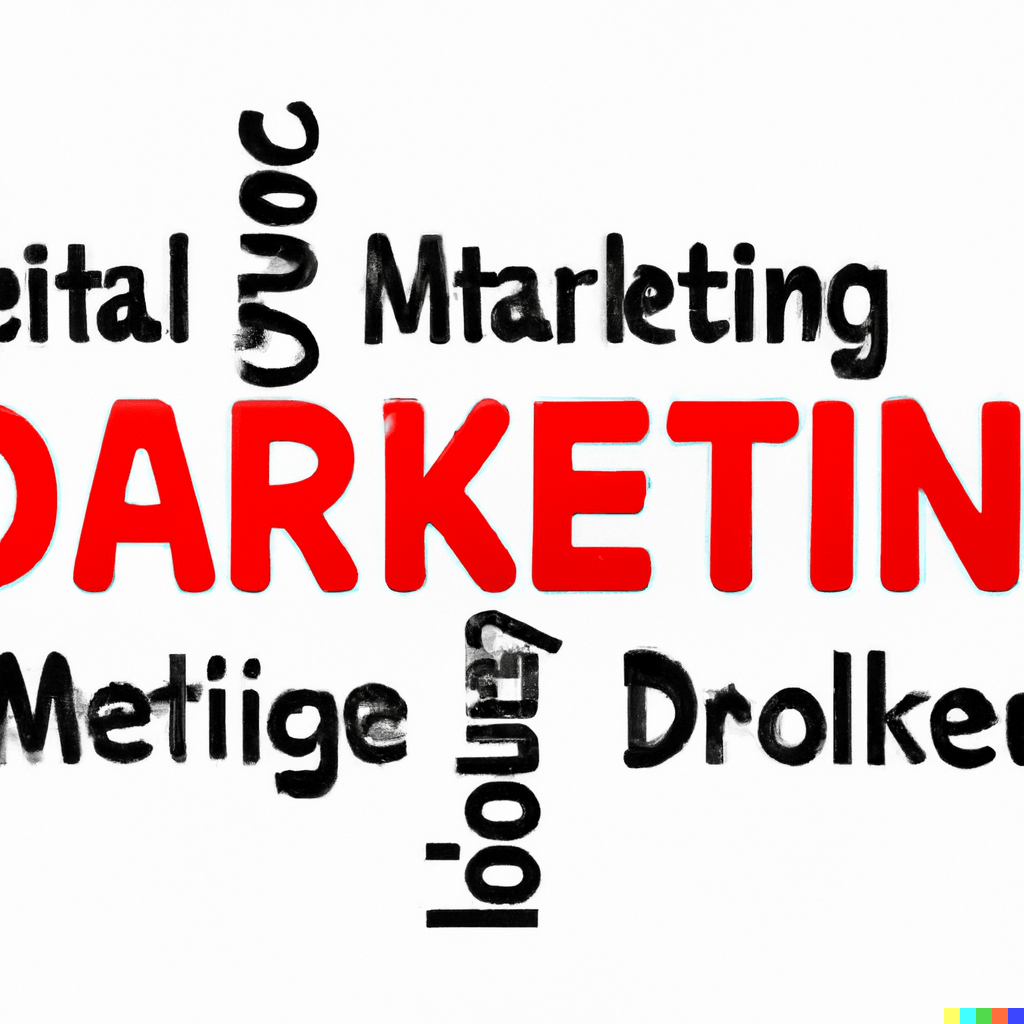Digital Marketing Demystified: Unlocking the Power of Online Advertising for Businesses

Introduction
In today’s fast-paced digital world, businesses must evolve to stay relevant and reach their target audience effectively. Digital marketing has emerged as a powerful tool that allows companies to connect with consumers, increase brand awareness, and drive sales. This article will explore the various facets of digital marketing, including social media and search engine marketing, and how businesses can harness these strategies to achieve their marketing goals.
What is Digital Marketing?
Digital marketing refers to the promotion of products, services, or brands through various digital channels, including search engines, social media platforms, email, and websites. It involves a strategic approach that combines creativity, data analysis, and technology to reach and engage consumers online. Digital marketing allows businesses to tap into the ever-growing online audience, enabling them to target specific demographics, track campaign performance, and optimize their strategies in real-time.
Areas of Digital Marketing
Search Engine Optimization (SEO): SEO is the process of optimizing a website to rank higher on search engine results pages (SERPs). By improving a site’s visibility, businesses can attract more organic traffic, which often results in increased sales and brand awareness. SEO involves keyword research, on-page optimization, link building, and technical improvements to ensure a website meets search engine guidelines.
Search Engine Marketing (SEM): SEM encompasses paid advertising strategies on search engines, such as Google AdWords or Bing Ads. Businesses can bid on specific keywords related to their products or services, ensuring their ads appear when users search for those terms. SEM offers immediate visibility and allows businesses to control their budget and target audience effectively.
Social Media Marketing (SMM): SMM focuses on promoting businesses through various social media platforms, such as Facebook, Instagram, Twitter, LinkedIn, and Pinterest. This marketing approach enables businesses to engage with their target audience, share content, and build brand loyalty. SMM strategies may include organic posting, influencer marketing, or paid social media advertising.
Content Marketing: Content marketing involves creating and distributing valuable, relevant, and consistent content to attract and engage a target audience. This can include blog posts, articles, videos, infographics, podcasts, and more. High-quality content can improve a website’s SEO, generate social media engagement, and establish a business as an authority in its industry.
Email Marketing: Email marketing is a cost-effective way to communicate with customers, promote products or services, and build brand loyalty. Businesses can create targeted email campaigns, automate follow-ups, and track engagement metrics to optimize their email marketing strategy.
Affiliate Marketing: Affiliate marketing involves partnering with influencers, bloggers, or other businesses to promote a company’s products or services. In exchange, the affiliate partner receives a commission for each sale, lead, or click they generate.
Pay-Per-Click (PPC) Advertising: PPC is an online advertising model in which advertisers pay a fee each time their ad is clicked. Businesses can create PPC campaigns on platforms such as Google Ads or Facebook Ads to drive targeted traffic to their website or landing pages.
Video Marketing: Video marketing utilizes videos to promote products, services, or brands. Businesses can create engaging video content for their website, social media platforms, or video sharing sites like YouTube to capture their audience’s attention and convey their message effectively.
How to Benefit from Digital Marketing
Set clear goals and objectives: Establish specific, measurable, achievable, relevant, and time-bound (SMART) goals for your digital marketing efforts. This will help you track progress, measure success, and make informed decisions to optimize your strategies.
Choose the right channels: Not all digital marketing channels will be suitable for your business or target audience. Research and select the most appropriate channels based on your goals, audience preferences, and budget.
Create high-quality content: Content is king in digital marketing. Ensure that your content is relevant, engaging, and valuable to your target audience. This will help you establish authority, build trust, and drive organic traffic to your website.
Leverage data and analytics: Use data-driven insights to make informed decisions about your digital marketing strategies. Regularly analyze and measure the performance of your campaigns to identify areas for improvement and optimize your tactics for better results.
Invest in the right tools: Utilize the best digital marketing tools available to streamline your efforts and improve efficiency. Tools for analytics, automation, content creation, and project management can significantly enhance your digital marketing campaigns.
Test and optimize: Continually test different aspects of your digital marketing strategies, such as ad creatives, landing pages, and audience targeting. Make data-driven decisions to optimize your campaigns and achieve better results.
Engage with your audience: Actively engage with your audience on social media and other platforms to build relationships, gather feedback, and foster brand loyalty.
Monitor your online reputation: Keep track of your online presence, including reviews and social media mentions, to manage your reputation and address any issues or concerns promptly.
Stay up-to-date with industry trends: The digital marketing landscape is constantly evolving. Stay informed about the latest trends, tools, and best practices to ensure your strategies remain relevant and effective.
Invest in continuous learning and professional development: Digital marketing is a dynamic field that requires ongoing learning and skill development. Invest in professional development for yourself and your team to stay ahead of the competition and deliver exceptional results.
By following these guidelines and adapting your strategies to your specific business needs, you can unlock the full potential of digital marketing and drive growth for your business